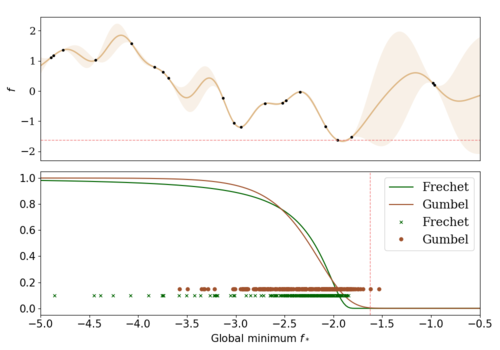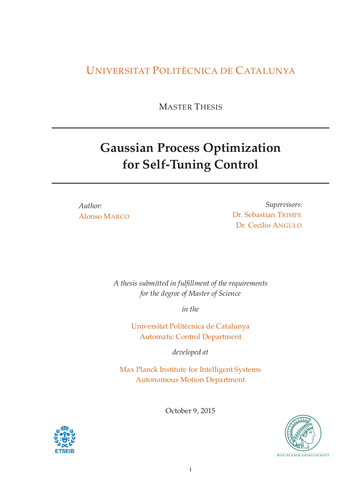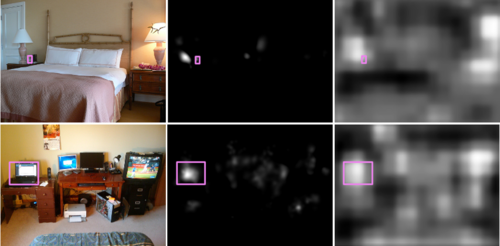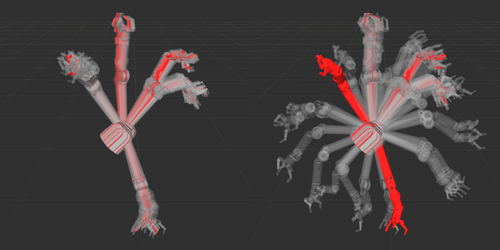2020
Marco, A., Rohr, A. V., Baumann, D., Hernández-Lobato, J. M., Trimpe, S.
Excursion Search for Constrained Bayesian Optimization under a Limited Budget of Failures
2020 (proceedings) In revision
2016
Oh, Y., Sutanto, G., Mistry, M., Schweighofer, N., Schaal, S.
Distinct adaptation to abrupt and gradual torque perturbations with a multi-joint exoskeleton robot
Abstracts of Neural Control of Movement Conference (NCM 2016), Montego Bay, Jamaica, April 2016 (poster)
2015
Marco, A.
Gaussian Process Optimization for Self-Tuning Control
Polytechnic University of Catalonia (BarcelonaTech), October 2015 (mastersthesis)
Doerr, A.
Adaptive and Learning Concepts in Hydraulic Force Control
University of Stuttgart, September 2015 (mastersthesis)
Kloss, A.
Object Detection Using Deep Learning - Learning where to search using visual attention
Eberhard Karls Universität Tübingen, May 2015 (mastersthesis)
Widmaier, F.
Robot Arm Tracking with Random Decision Forests
Eberhard-Karls-Universität Tübingen, May 2015 (mastersthesis)
2014
Holger Kaden
Pole Balancing with Apollo
Eberhard Karls Universität Tübingen, December 2014 (mastersthesis)
Rai, A.
Learning Coupling Terms for Obstacle Avoidance
École polytechnique fédérale de Lausanne, August 2014 (mastersthesis)
Issac, J.
Object Tracking in Depth Images Using Sigma Point Kalman Filters
Karlsruhe Institute of Technology, July 2014 (mastersthesis)
Pfreundt, C.
Probabilistic Object Tracking on the GPU
Karlsruhe Institute of Technology, March 2014 (mastersthesis)
2012
2011
Herzog, A.
Learning of grasp selection based on shape-templates
Karlsruhe Institute of Technology, 2011 (mastersthesis)





